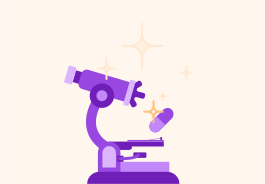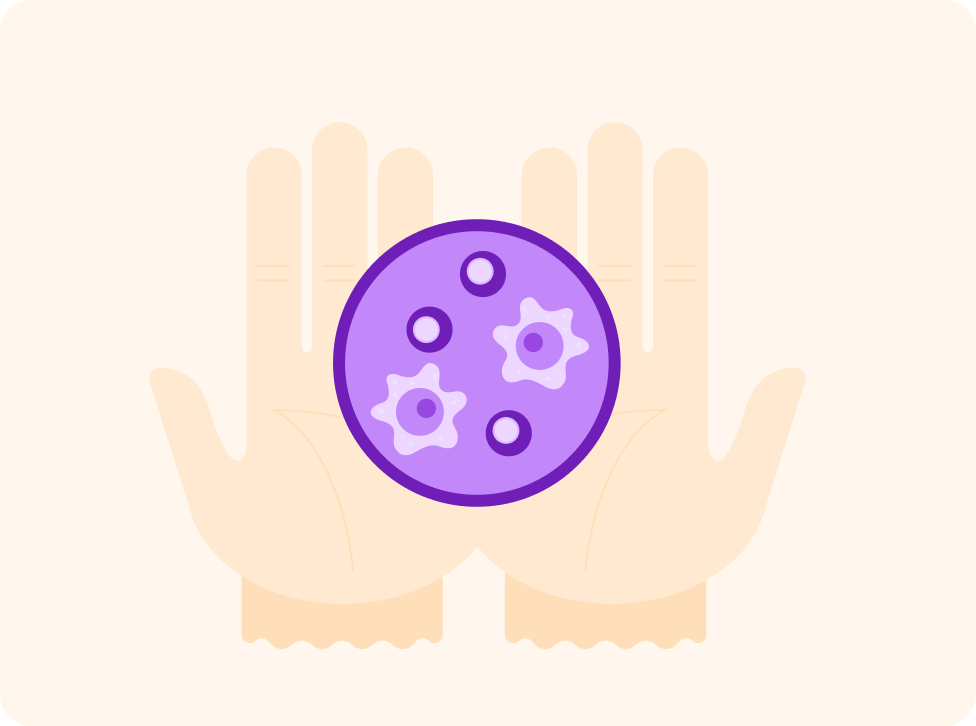YOU ARE LEARNING:
The Process of New Drugs

The Process of New Drugs
Before marketing new drugs, they must go through a multi-stage screening process using both animal and human subjects in order to ensure the correct dosage is used, and that they're safe and effective.
There are 3 criteria that drugs must fulfil before we can give them to humans. What are they?

You can select multiple answers
There are three main stages of testing drugs that are being developed. If a drug fails one of these stages, it won't be approved.
The first stage is to test the drug on human cells and tissues to check if it does any damage to the cells.
We do this in laboratory. The cells are not part of a living person.

What do you think is the disadvantage to testing drugs on groups of human cells?

The second stage is testing the drug on live animals. The law in Britain determines that any new drug must be tested on two different species of live mammal before it can progress to the next stage of development.
We use animals to test for safety, efficacy and dosage needs, but what do you think is the disadvantage of testing on animals? Pick the option that is most correct.

What type of concern do you think some people have with testing drugs on animals?

The third stage is human clinical trials. We only test drugs at this stage if they have passed the animal testing stage. Human clinical trials are carried out under strict supervision.
At first, healthy human participants are given very low doses of the drug. Which criteria do you think is being checked at this stage?

Once we know that the drug isn't harmful to healthy people, we give it to people who have the illness we hope the drug will treat. What criteria do you think can be checked in this stage?

You can select multiple answers
After we have found out what dosage has the most impact with the least side effects, we test effectiveness again to make sure that the drug really works. We arrange participants into two groups. One group will receive the new drug, the other group will receive a placebo. The participants don't know that they might be on a placebo.
What is the point in giving some participants a placebo?

Human psychology is very powerful! It make us feel better or worse, with or without drugs. Placebos help us find out if patients get better because the drug actually works, or if patients get better just because they think they are getting help.
Imagine we developed an anxiety drug and we gave the drug to one group and we gave another group a placebo. If the placebo group improved as much as the drug group, what does that say about our drug?

What if we have given an anxiety drug to one group and a placebo to another group and we found that the drug group improved more than the placebo groups? What then could we say about the drug?

Some trials are blind trials, where the participants don't know if they are in the drug group or in the placebo group. Often though, trials are double-blind trials. What do you think that means?

We use double-blind trials so that the doctors who are analysing the results aren't influenced by their knowledge of whether the patients have had the drug or not. Results from trials aren't published until they have been peer reviewed. This helps to prevent false claims to producing new drugs.
